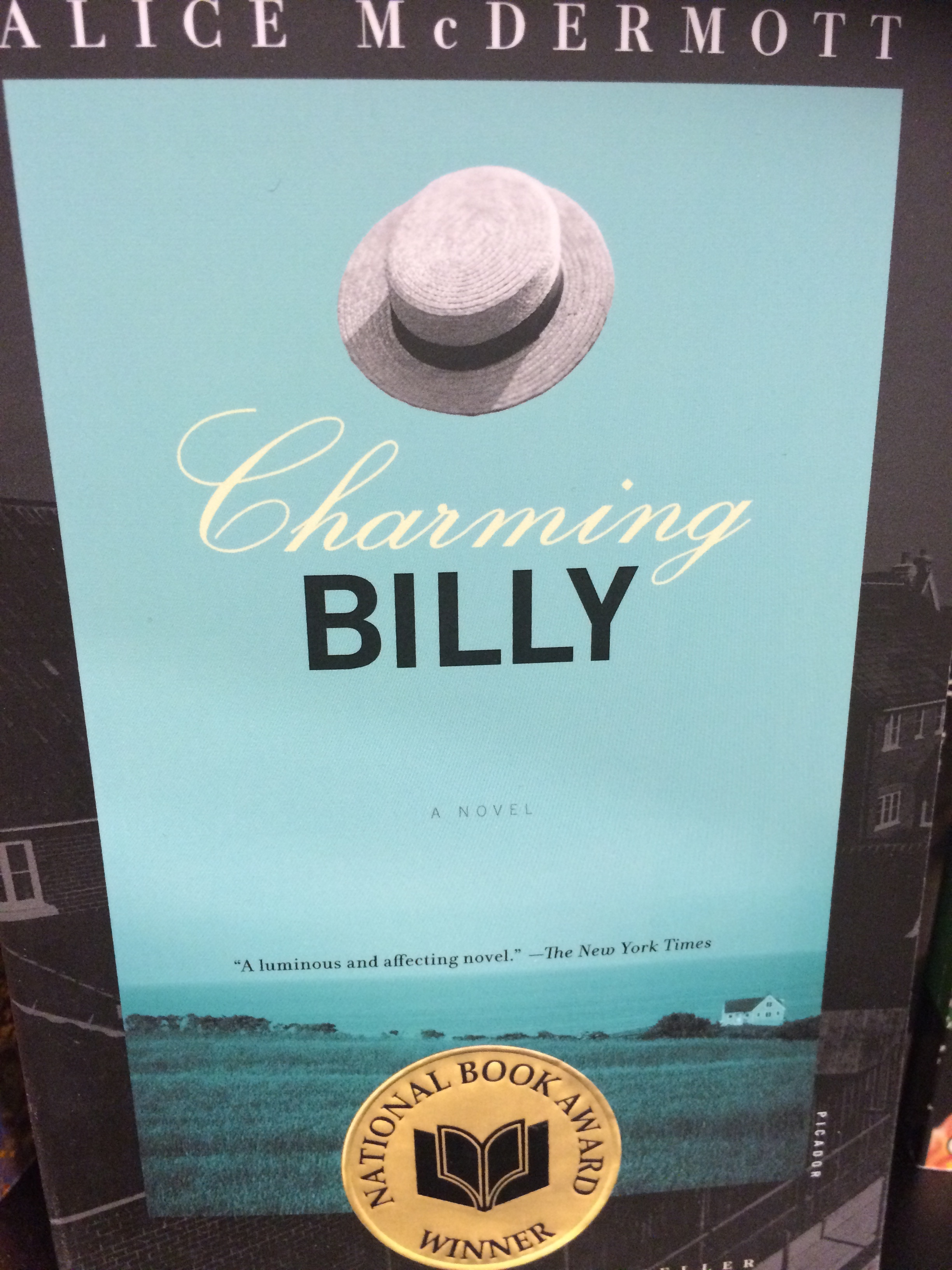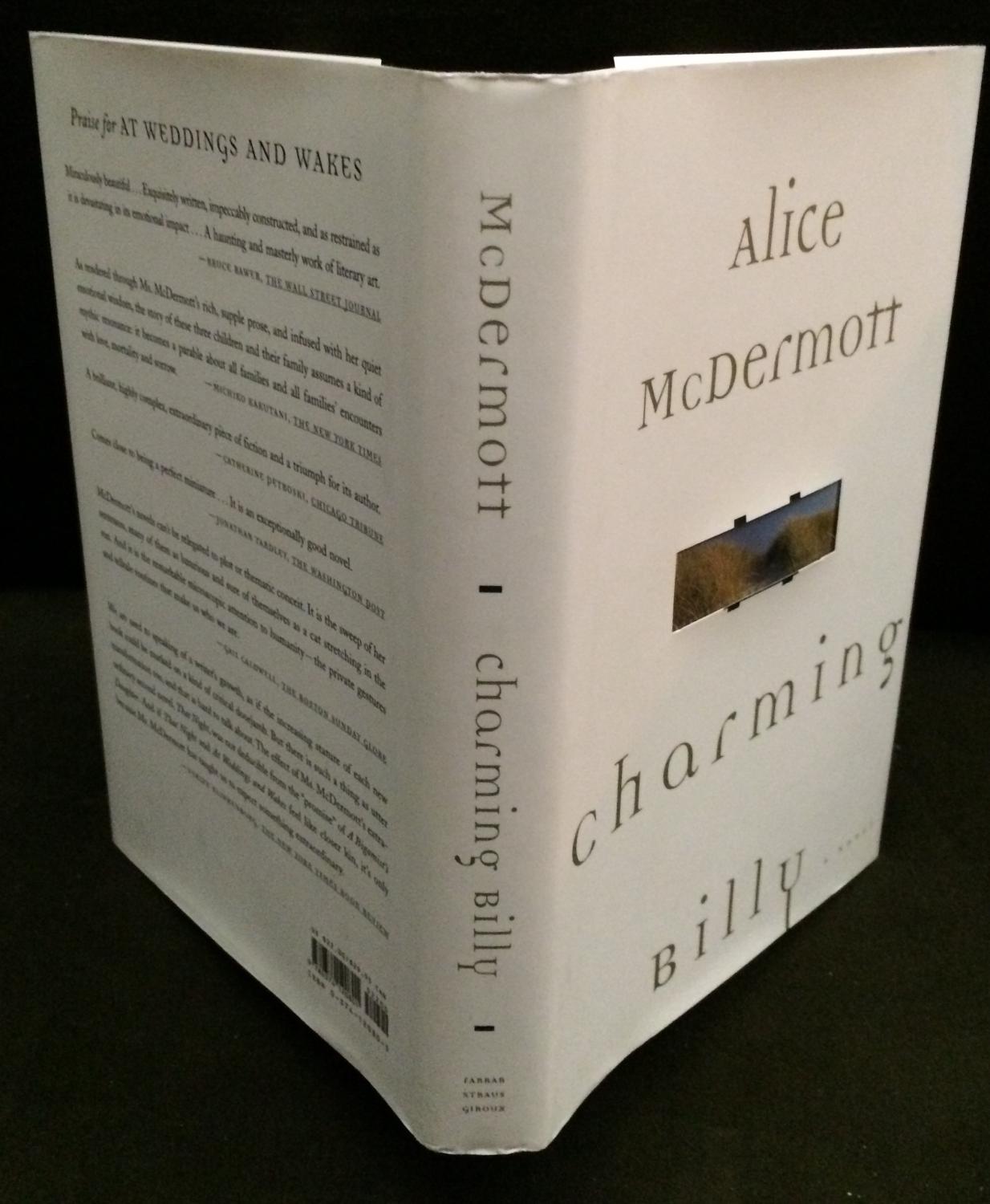
“he nuns….were more happy to take the child in for as many hours as he needed them to…” and “there were the nuns to go to, who would listen quietly and advise prayer…” Joseph, steadfast and true.”īut, the importance of Catholicism and faith is most prominently displayed in the novel’s depiction of nuns and priests, who are of “good nature” and the utmost “holiness”, always willing to help. McDermott also provides insight into the rituals of Catholicism when she talks about midnight fasts before Sunday Mass, Maeve (Billy’s wife) doing the rosary and novenas, Billy going to daily Mass with Eva, and “the good sound of the familiar Latin, the same women every morning saying their beads, the red sanctuary lamp, and the candles beneath the statues of the Virgin and St. “…don’t all children think they’re going to hell?”

“I was certain I was going to hell…”, says Billy’s love interest, Eva, during their childhood.

These are the central themes running through Alice McDermott’s award-winning Irish American novel, Charming Billy (1998), which tells the story of the life and trials of one Billy Lynch – an enigmatic Irish American man from Queens, NY who seemingly succumbed to alcoholism after “losing” the love of his life.įull of insight into the culture, values and struggles of Irish Americans, McDermott also offers glimpses into the stereotypes associated with the Irish, such as references to “Paddy,” Irish policemen, and the song “Danny Boy”*, while sprinkling episodes of humor throughout, giving this novel a distinctly Irish American feel.Īs one might expect of such a novel, faith and Catholicism – and the subsequent guilt that is so characteristic among Irish Catholics – play a prominent role as the story unfolds.

Patrick’s Day 2015, ATG is exploring “All Things Irish.” Below is a book review of the Irish American novel Charming Billy by Alice McDermott.Īlcoholism.


 0 kommentar(er)
0 kommentar(er)
